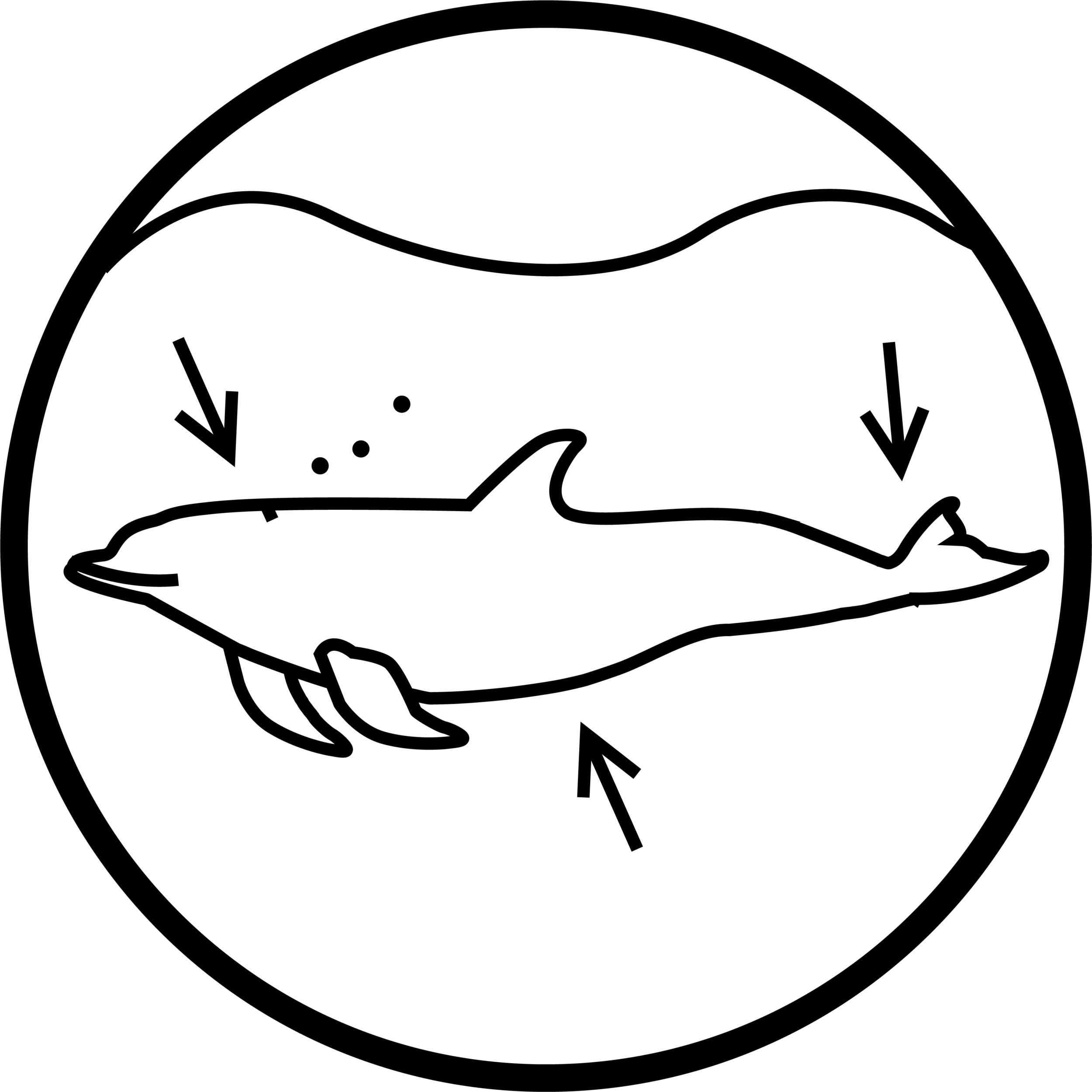
Secondary School Education Programs
MMF’s inquiry-based secondary school incursions are delivered by qualified and experienced science communicators, providing interactive and informative education programs. Each of our programs includes an introductory presentation providing students with the relative scientific theory, followed by a hands-on workshop or applied research activity for students to collect, use and assess biological data, and apply learnings to answer key questions.
All program content is aligned to both the Victorian and Australian science curriculum, with integration across other learning areas, cross-curriculum priorities, and general capabilities, providing students with unique marine science-based learning opportunities. Options for single-session or multiple-session workshops are available.
Our Secondary School Programs Include:
Curriculum Programs:
Classification
Populations
Ecosystems
Food Webs
Adaptation and Evolution
Inquiry Programs:
Sustainability in a Changing World
Marine Litter Project
Curriculum Programs
Populations
Our Populations program provides students with the unique opportunity to engage in MMF research, to become dolphin researchers and investigate Burrunan dolphin populations. In this program, students explore population biology, and the biotic, abiotic and anthropogenic impacts on populations. For the practical activity, students use MMF’s Burrunan dolphin catalogue to explore Burrunan dolphin sighting data, identify individual Burrunan dolphins using MMF’s fin-ID methodology, and interpret the data to answer biological questions about the population.
Food Webs
In our secondary school Food Chains & Food Webs program, students will explore the complexity of marine food webs. Through the program, students will identify the various trophic levels, and how interactions within food webs are influenced by biotic, abiotic and anthropogenic impacts. Students will apply their knowledge of food web interactions in the associated practical activity, where they will create a model food web, and explore how changes at different trophic levels can alter all interactions within the food web.
Adaptation & Evolution
Our Evolution program introduces students to the concept of marine mammal evolution. This program explores adaptations and speciation, addresses the theory of natural selection, and identify the different patterns of evolution. Students will identify convergent and divergent evolution, and discover how the fossil record can inform our knowledge of the evolution of marine mammals, with a focus on odontocetes and mysticetes. The practical activity will allow students to demonstrate knowledge by exploring local Victorian marine mammal fossil discoveries, and how this information can help us understand the evolution of the baleen in marine mammals.
Classification
Our Classification program is based entirely in unique MMF research. Through this program, students will become dolphin taxonomists and follow in the footsteps of Dr Kate, as they collect and interpret data to identify dolphin species. This program will provide students with the relevant theory of species classification, why scientists need to identify and classify species, and the use of dichotomous keys. In the associated practical activity, students will measure dolphin skulls to collect data, and interpret the data to identify which species of dolphin the skull represents.
ECOSYSTEMS
Ecosystems are vast, complex and interconnected. In this program, students will discover the different ecosystems in Victoria, and investigate the biotic, abiotic and anthropogenic interactions within them. Through the associated practical activity, students will use Burrunan dolphin sighting data to investigate the distribution of Burrunan dolphins throughout their habitat, and the ecosystem system processes which drive their distribution.
Inquiry Programs
Marine Litter Project
This exciting program introduces students to Victoria’s incredible marine mammal diversity, highlights the impact of litter on marine environments, and tasks them with undertaking sustainable action to make a difference in their own classrooms! The Marine Litter Project is region-specific (Bin Not Bay, Litter Free Lakes, Bin Not Beach), and through our local marine mammals, inspires appreciation and fosters a connection to marine environments. By highlighting how local litter can impact distant environments, students are empowered to take action and make a positive difference!
Sustainability in a Changing World
Our Sustainability in a Changing World provides the opportunity for students to explore the concept of sustainability, and challenge their own personal worldviews. This program allows students to define sustainability, develop an understanding of intrinsic and extrinsic values, and how these values impact sustainability. Students will also investigate resource consumption in the modern world. The practical activity for this program will allow students to explore viewpoints different to their own, and they identify and discuss different stakeholder values and how this applies to modern sustainability issues.
Send an Enquiry
If you would like more information or to book one of our programs, please email education@marinemammal.org.au or complete the enquiry form.







